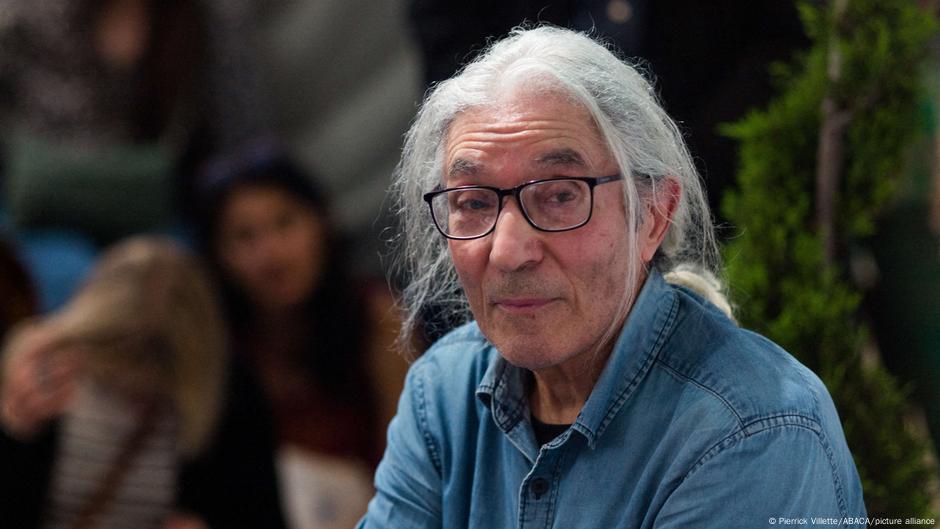Boualem Sansal was detained following his remarks suggesting that France allocated excessive territory to Algeria and insufficient land to Morocco during the colonial period. The French government has criticized the detention of the Franco-Algerian writer.

A court in Algeria convicted French-Algerian author Boualem Sansal for five years in jail on Thursday according to anti-terrorism legislation.
Sansal, who has been critical of the Algerian government, was detained at Algiers Airport in November and faced charges related to "endangering national unity" as well as for allegedly producing materials that jeopardize the nation's security and stability.
France denounced his detention and conviction.
"I am hopeful that the top Algerian leadership will make humane choices to restore his liberty and permit him to receive treatment for the illness he is battling," stated French President Emmanuel Macron on Thursday.
Why was Sansal detained?
Sansal was detained following his comments to a French news organization where he stated that, during the colonial era , France allocated excessive territory to Algeria but provided insufficient land to Morocco.
The 76-year-old, who was diagnosed with cancer, has been hospitalized while being detained.
Algerian newspaper Echorouk it was reported that Sansal refuted the accusations made against him, stating he only “voiced an opinion” under the banner of “free speech.”
The courthouse in Dar El Beida ruled otherwise and ordered his incarceration for five years along with a penalty of approximately $3,700 (€3,431).
The trial triggered an outpouring of support in France.
The relationship between Paris and Algiers has been tense for some time now. President Macron acknowledged Morocco's sovereignty. over the contested region of Western Sahara in July of the previous year.
Western Sahara is mostly controlled by Morocco but claimed by the Algeria-supported Polisario Front.
Prior to his arrest, Sansal’s works had already placed him on the list of prohibited writers in Algeria. However, he continued to travel freely between Paris and Algiers. He has often voiced criticism towards Algeria’s post-revolutionary leadership as well as the influence of Islam in societal affairs.
Macron along with the far-right figurehead Marine Le Pen advocated for his liberation, alongside PEN International, the literary organization, and French-Algerian author Kamel Daoud.
Last week, Macron informed journalists in Brussels of his hope for Sansal’s imminent release and expressed trust in Algeria’s president, Abdelmadjid Tebboune.
In December, Tebboune referred to Sansal as "a fraud who lacks knowledge of his identity, his origins, and claimed that half of Algeria belonged to another nation."
Edited by: Zac Crellin